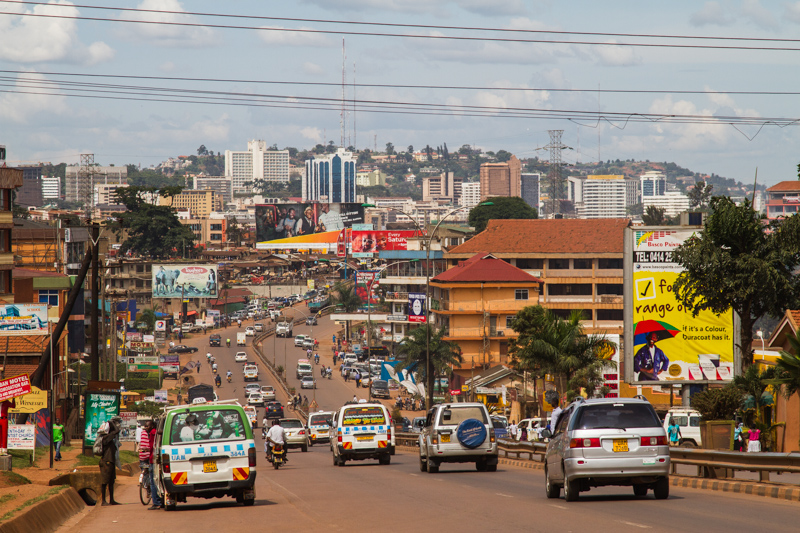- African Economic Research Consortium and TradeMark Africa (TMA) sign USD 500,000 deal to undertake a research programme across the East African Community (EAC).
- There has been a global appreciation and push for data to inform sound policies; and this partnership will provide key data to the EAC y and Partner States.
- The funding is provided by the Netherlands government.
Nairobi, 6th July 2020: TradeMark Africa and African Economic Research Consortium signed a memorandum of understanding to support a research programme that will increase the availability of data and evidence to support inclusive trade and gender policies in East Africa.
The new programme, worth USD 500,000 is funded by the government of the Netherlands and will be implemented until 2023. The two institutions were represented by TMA’s Chief Executive Officer Frank Matsaert and AERC Executive Director Prof. Njuguna Ndung’u who is also the immediate former governor of Central Bank of Kenya.
Giving their remarks, both leads said that better policies as well as development interventions are achieved when informed by evidence.
Prof. Njuguna Ndung’u said; “Data provides evidence that results in policy clarity. This is critical for private investments because markets respond to policy clarity.” He further reiterated AERC’s commitment to improving the quality of research and data in the region.
His remarks complement TMA’s learning in its first strategy (2010-2017) where we established that policy proposals backed by evidence, persuaded sceptical policy making institutions of the need to push forward with proposed interventions on realisation of the benefits. Examples where TMA used this approach was in the design of the elimination of non-tariff barriers project which was implemented by the EAC and Partner States.
Amplifying the role of data in supporting evidence based and sound policies and programmes, TMA CEO Frank Matsaert said, “Research plays an important part in optimisation of programmes as it helps in understanding issues better.” Giving the example of reducing transport costs and time across East Africa corridors, Matsaert pointed out that the biggest success will come when efficiency in trade translates to benefits for consumers and not only for those in business. “We can see business players such as logistics firms benefit from efficient trade. We do not want to just make trade efficient across the region; we want to see consumers and the wider economy reap benefits of efficient trade. Research will help us understand pinch points that will inform our portfolio responses.”
The new programme responds to the urgent need for enhancing data availability, knowledge and research capacity needed for sound poverty-reducing trade policy analysis at the EAC Secretariat, Ministries Departments and Agencies and other development partners. By the end of the programme, there will be reliable, accurate and accessible trade statistics and data that can be used by governments and private sector actors to inform policy discussions and formulation and implementation of new trade strategies. Policy clarity will translate to investments therefore jobs and economic prosperity.















